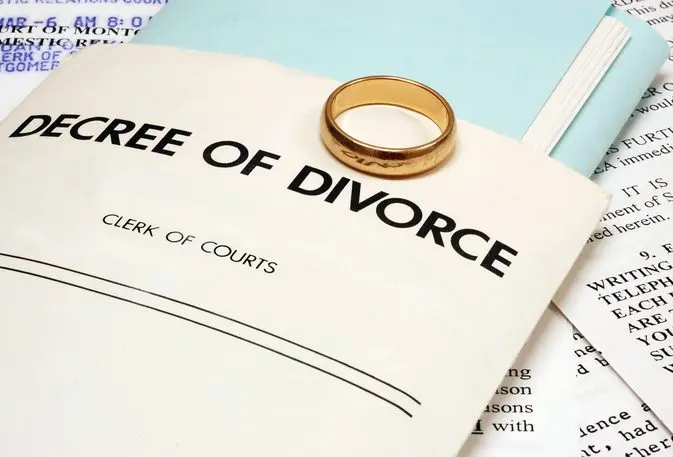This is my first blog post in what I hope to be many more dedicated to marriage and divorce law. As a full-time divorce attorney who does litigation, I receive many petitions and motions (also referred to as pleadings) in the mail and via fax from opposing parties and counsel. The most common pleadings I receive are to set child support, maintenance, a child visitation schedule and or modify the above. There are also petitions for interim and prospective attorney fees, to sell property like the marital residence, for exclusive possession of the residence, for a spouse to maintain a job diary, for a restraining order regarding property, for a physical or mental exam of children or parent, or to vacate, modify or reconsider a previously entered court among many more.
I, like many other attorneys, send a copy of the petition or motion to the client via email pdf or mail when I receive it from opposing counsel. Sometimes within minutes or even seconds my phone is ringing or I am receiving an email from the client stating “Can they do that? or Why should they get (insert relief requested here)?” First, the answer to “Can they do that?” is generally “Yes.” I answered yes to that question because parties can generally file whatever motion they want as long as it is brought “in good faith,” “warranted by existing law,” and “to the best of his or her knowledge formed after a reasonable inquiry as to the facts.” This standard is fairly broad. Do attorneys and litigants get sanctioned by the court for filing frivolous pleadings? Yes, but it is not that common.
Second, “Why should they get_____?” Who says they are getting it? Many parties interpret a court motion or petition filed by the other side as a court order. It is not. It needs to be heard by the judge where the opposing party can respond in writing and orally to the judge as to why their spouse or other side should not recieve what they are asking for. Judge’s do deny motions and petitions regularly. Sometimes certain motions are never heard by the judge at all either because the attorney changed his or her mind due to a change in facts or strategy. Sometimes pleadings get filed simply to get a rise or reaction from the other spouse.
A petition or motion asking for relief from a court is supposed to cite relevant statutes or law which entitles them to the relief they are asking. The remainder of the pleading is supposed to state facts which support that parties’ position that the court should rule in their favor. You should not necessarily need to be a lawyer to decide whether a petition or motion is bound to fail. I always ask my client’s to read what is stated and then ask them what they would do if they were the judge deciding this case. There are some cases, for example, a custodial or residential parent seeking child support, where it is fairly certain that that person is going to get what they are asking for (child support). However, in petitions for maintenance or attorney’s fees, there is sometimes a “knee jerk” reaction from some attorneys if a one spouse earns more money than the other to seek this relief despite bad facts. For example, the husband consistently earns $90,000 per year. The wife consistently earns $75,000 per year. In this example most of their assets are illiquid like home equity or retirement assets (pension/401k) and they both have no debt. Every case is very fact specific, but does this look like a case where the Wife should receive maintenance or attorney fees from the husband? No. Would that necessarily stop the Wife from filing a petition for both? No. Would she be sanctioned for filing it? Probably not.
In conclusion, don’t freak out if you spouse files a motion for something. It does not mean they will receive it. If they objectively have good reasons for receiving it and the law is on their side, they might (or should) get it. If they don’t have both the facts and law on their side, then usually they will not get what they want.
